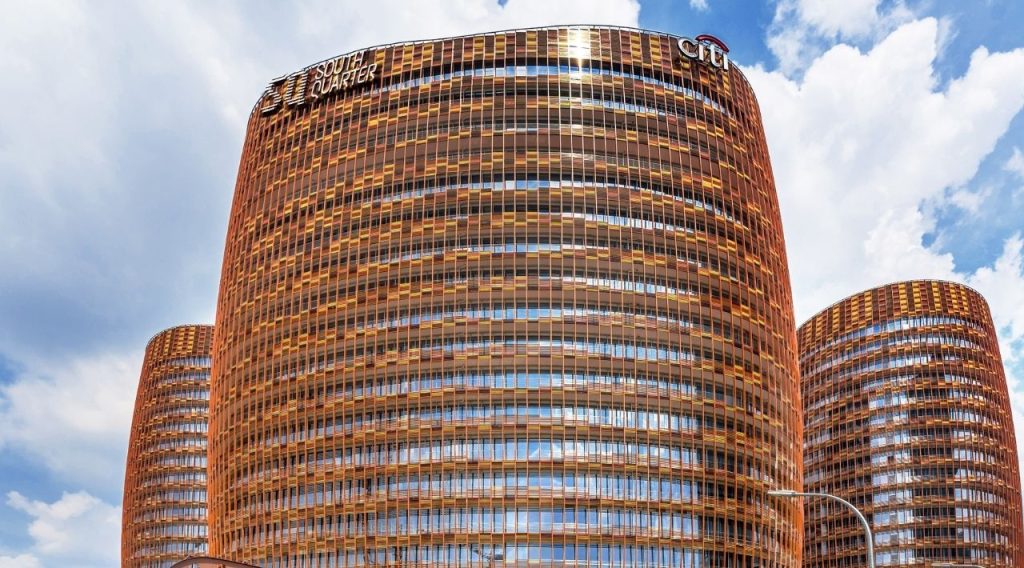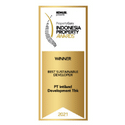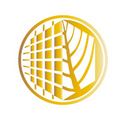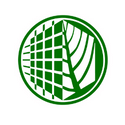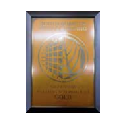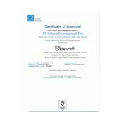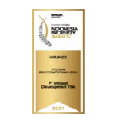Our Environment
"Intiland's commitment to sustainability does not stop at our doorstep; we emphasize the importance of contributing to the cities where we operate by always considering the surrounding environment and how to add value to the community."
Key Environmental Activities
Environmental responsibility is closely related to the Company’s business processes. Intiland develops projects that always prioritize environmentally friendly and energy-saving elements. This commitment was reflected in the early construction stage of the Intiland Tower building in 1984, when the wider community had not paid adequate attention to environmental issues and green building design.
The Intiland Sustainable Guideline (ISG) reaffirms our commitment to maintaining exceptional quality standards while continuously striving towards greater sustainability.
As part of our efforts to ensure the quality of products and services, we conduct annual customer surveys. In 2023, we updated our data processing methods in the customer satisfaction survey. From the survey results, we found that the satisfaction levels of tenants and residents from the 5 projects surveyed were at a 'Satisfied' level. Overall, tenants and residents highly appreciate our services.
Environmental Conservation Program
Graha Natura Surabaya, in collaboration with Purwodadi Botanical Gardens, Seameo Biotrop (Southeast Asian Regional Center for Tropical Biology), and several other scientific institutions, initiates an environmental conservation program by planting 10,000 vegetation units comprising 1,000 national species across nearly half of the green open spaces in residential areas.
Total energy consumption in 2020 decreased from 18 million kWh in 2019 to 16.2 million kWh in 2020 because most of the tenants implemented social restrictions to limit their employees due to pandemic situation. The energy intensity by GFA Occupied also decreased by 19%, which is still lower than Energy Consumption Index or ‘Indeks Konsumsi Energi’ (“IKE”) standard stipulated by the Governor of the Capital Region of Jakarta No.38, 2012.
The management has undertaken other initiatives to improve the energy efficiency such as conducting energy audit and setting the target for efficiency and action plans. The management also launched energy efficiency campaigns encouraging tenants to turn off lights in vacant rooms, use natural lightings for rooms with windows, use stairs instead of lifts for reachable floors and use of energy-efficient LED light bulbs. Separation of the electricity meter has been done for air management system, light management system and other electricity loads to closely monitor the energy usage.
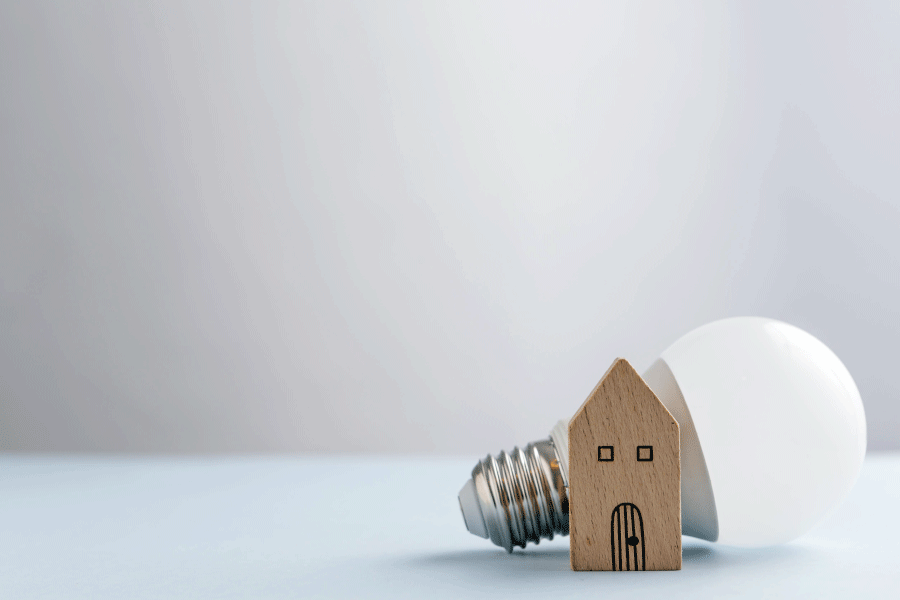
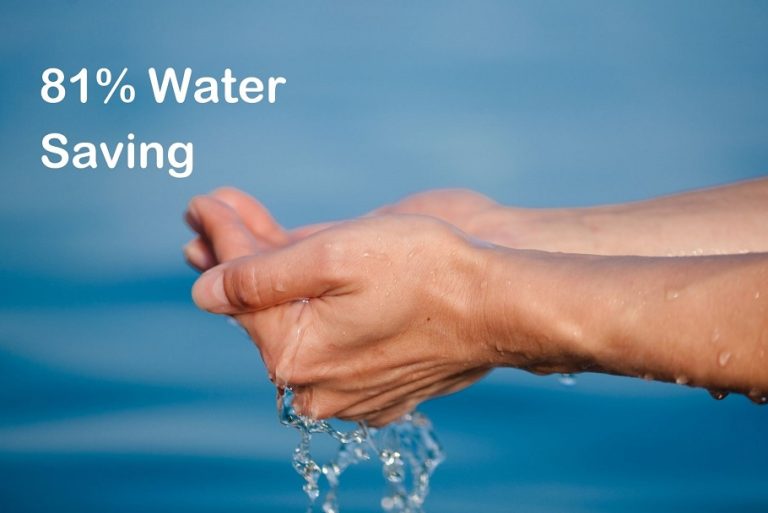
Reduction of Non-Hazardous Waste
Organic waste decreased by 300 tons across all our properties in 2023.
Rainwater is collected from the rooftop and stored in a tank before it is treated and reused. Grey and black water from toilets will be treated and reused for cooling tower makeup water, toilet flushing, and irrigation. By adopting comprehensive rainwater and grey/black water recycling systems,high-efficiency water-saving fixtures, South Quarter is expected to consume 217,141 m3/year more less.
The management is committed to a more efficient water consumption by installing flow restrictor on the water faucets, separating water meter for public, commercial and building utility areas, and conducting monthly audit for water usage.
Zero Waste Program
The Zero Waste Program by Praxis aims to ensure proper waste management. Praxis utilizes treated liquid waste from wastewater treatment plants (STPs) for watering plants and cleaning exterior floors, thus saving over 100 m3 of clean water from the local water utility every month. Praxis also collects and sells up to 100 kg of cardboard waste every three months and repurposes construction waste materials such as PPR pipes, gypsum, and iron for minor repairs within units and public areas.
Overall, SQA’s embodied energy savings of material is 32.01% and it meets EDGE minimum materials requirement. The savings of Embodied Energy of Materials from the EDGE calculation for SQA, SQB and SQC are approximately 86,105 GigaJoule compared to the local buildings.
